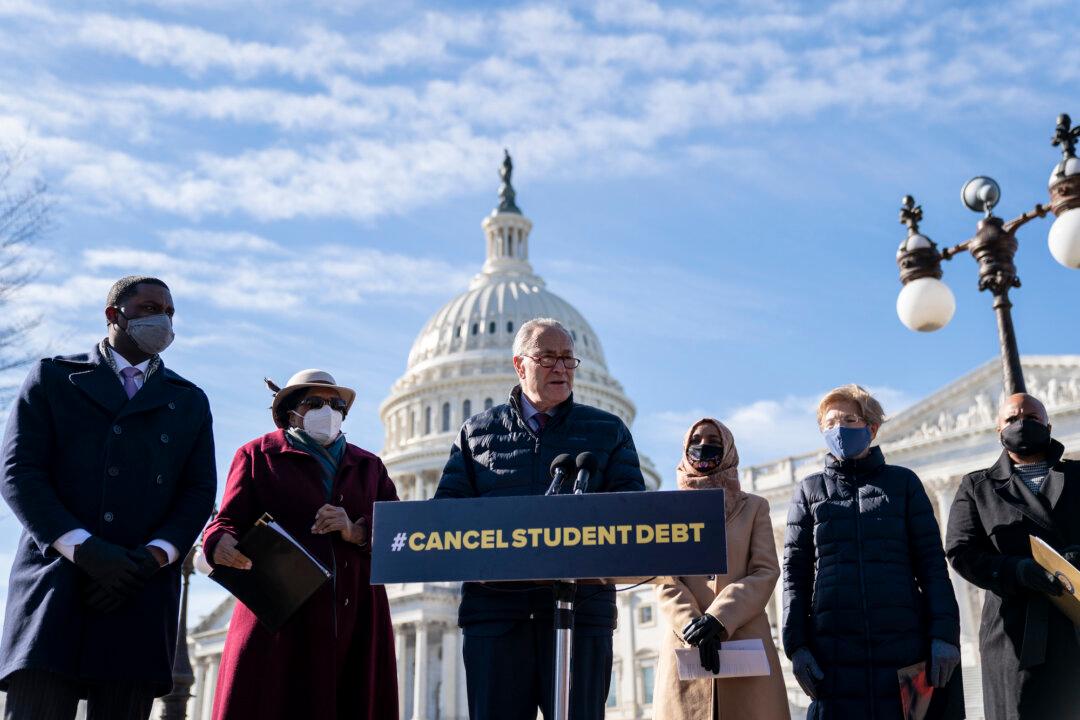Commentary
If we see a Beverly Hills plastic surgeon getting into his new 2023 Porsche Carrera with the license plate DEBT4GIVN, we will see the full folly of forgiving all student debt.

If we see a Beverly Hills plastic surgeon getting into his new 2023 Porsche Carrera with the license plate DEBT4GIVN, we will see the full folly of forgiving all student debt.